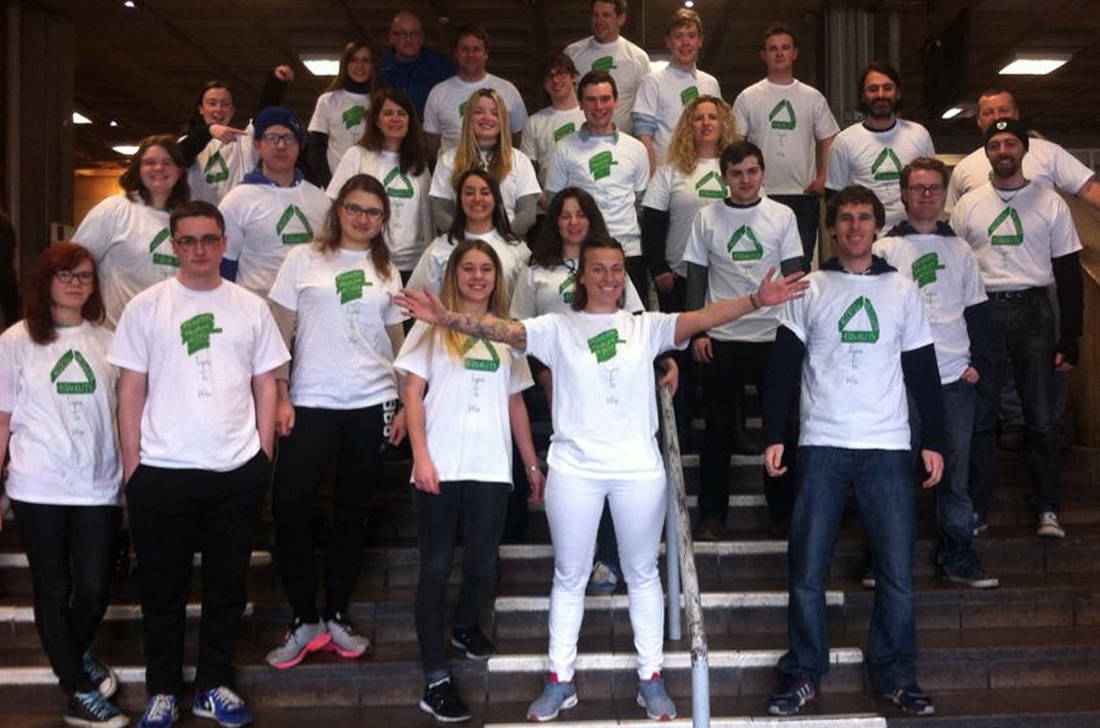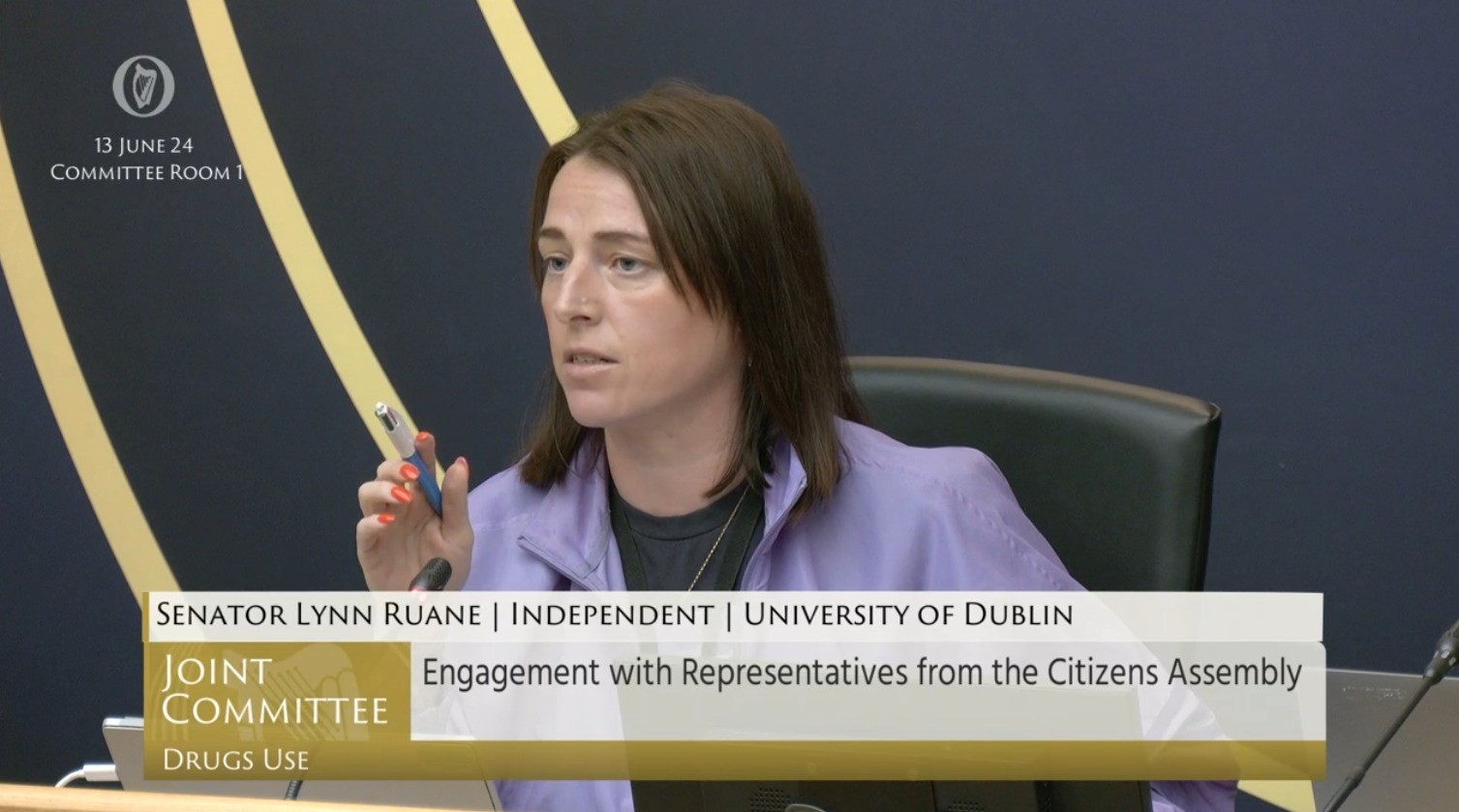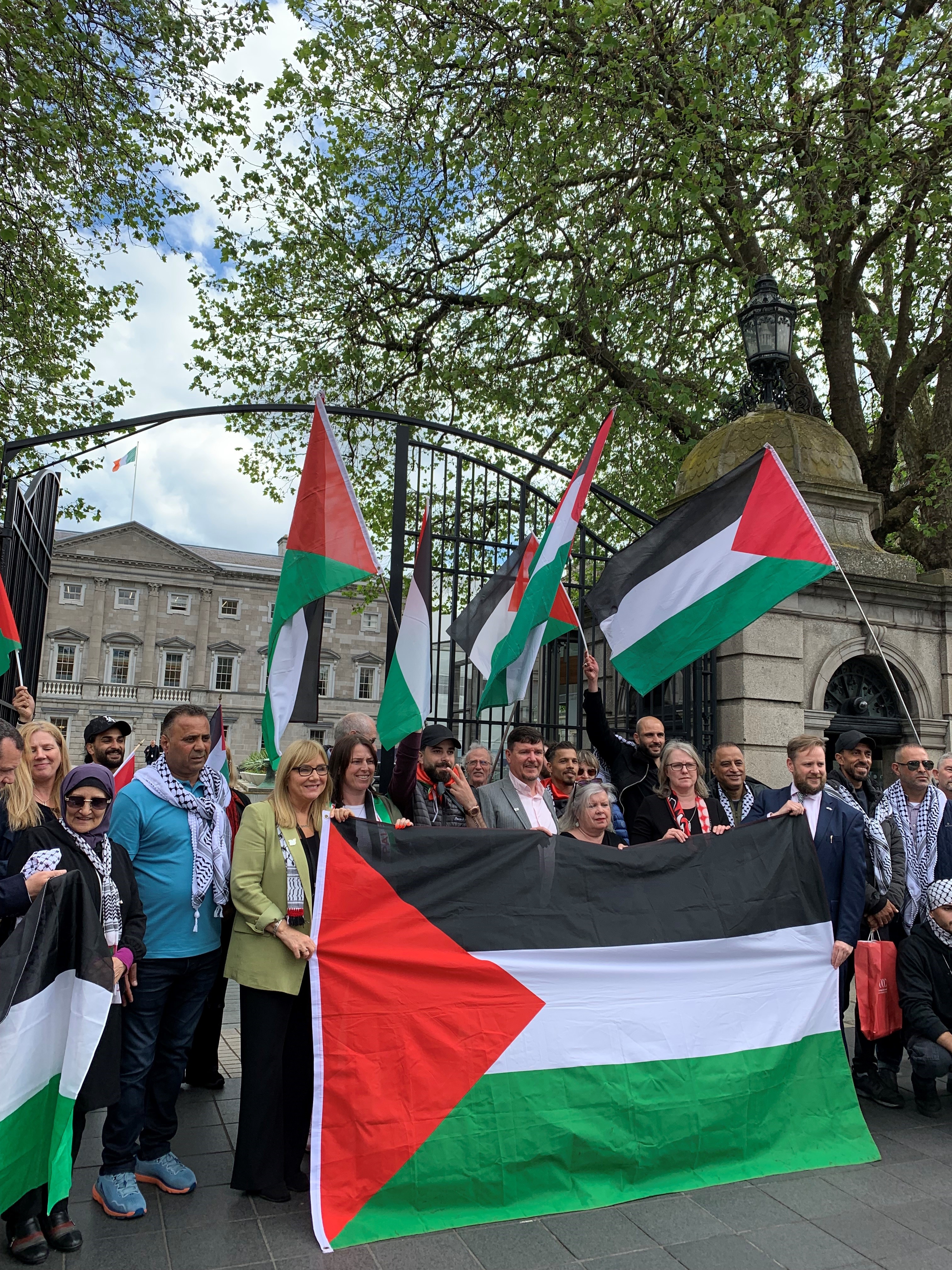 Feb
16
2016
Feb
16
2016
So Why Trinity?
So why Trinity?
In the last twelve months, I have heard this question countless times. Why choose to study here? Why choose to run for Students’ Union President of Trinity? Why dedicate so much of your time and energy to Trinity? Why choose to run for the Seanad to represent Trinity graduates?
Why Trinity?
It’s a good question. To answer it, firstly let me take you back. In 2006, while doing a Key-Working course on Westland Row, I stumbled upon Trinity for the first time. I was a community worker developing addiction programmes at the time and I loved my job. On a miserable day in winter, I was advised by a fellow participant on the course to take a shortcut through Trinity to avoid a circuitous walk around it.
As I stepped into Front Square for the very first time, I was struck by the sudden safety I felt. The harsh January wind calmed and I looked around in awe and I thought to myself – I feel like I’m home. It felt familiar, like it fitted me somehow; yet I knew nothing of what went on here. Just from that first, brief but lasting experience, I knew that I’d be back some day.
Fast-forward to 2011 and the tensions are high at the monthly Canal Community Local Drug Task Force meeting. The pot is shrinking and we were fighting for ever smaller slices of a quickly dwindling cake. Years of progress by the projects were at the mercy of Government cuts. Would we survive this austerity budget? What group would be cut? I hoped that it would not be mine as I felt were just making headway. Nonetheless, I knew that something had to go, but what?
Prior to this, I had developed the Bluebell Addiction Advisory Group (BAAG) and we were achieving amazing things. The ‘Filling a Gap’ at BAAG group I had developed were breaking ground in their recovery. Our whole day wasn’t taken up by discussion about triggers and drugs but talk of change and the future. This group was aimed at filling the gaps in women’s lives that drugs used to fill. The aim was to replace and fill the time normally taken up by the rituals of sourcing money, scoring drugs, setting up the paraphernalia and using the drugs themselves. The void that was left when you removed this activity gave birth to the killer boredom that would allow drugs creep back into their space.
So I developed a programme that would fill that void while getting active in both body and mind. A holistic, educational and sustainable programme built by the women, for the women. They trained as chefs and developed a cookbook. We launched the cookbook and toured it around the Canals Communities impressing everyone with the group’s new culinary skills, so much so, that they began to be hired by the community’s Local Drugs Task Force and Dublin City Council to cater for events. The Health Research Board published their cookbook and they decided they needed to diversify their skills. It was then they expanded into cake making, but cake making of the creative kind. The cakes they made were gorgeous, incredibly well made and true pieces of culinary art. From there, they moved onto Christmas decorations. There truly was no end to their skills and ability to learn in a short space of time.
We had men’s groups and they developed their own community garden, growing vegetables outside the project. The women decided that the men’s groups should increase what they grow and sell the produce to the women for their catering jobs, so that’s what we did.
In doing this, BAAG’s created their little own social economy. I could not have been more proud.
A key part of missing from this story is of course, long recoveries from drug addiction. Two out of fifteen of women detoxed of methadone after over a decade of maintenance. The other six women reduced their illegal drug use considerably and one became entirely alcohol free. Six of the women while still in active drug use were engaging very well with the programme and I imagined were in the contemplation stage of giving up completely. Many of the men’s groups gave up the use of marijuana with two becoming benzo-free. These groups began to get national attention, which led to me being invited to speak at the 2010 National Drug Conference of Ireland about the ‘Filling a GAP at BAAG’ programme.
So what does this have to do with Trinity?
Imagine my position. Due to my limited experience of formal education at this point of my life, I felt completely helpless, voiceless and struggling to articulate the ground breaking progress and amazing work that was happening on the ground in Bluebell. I did not have the requisite knowledge and awareness of language to communicate this success. All that seemed to matter now was a never-ending deluge of forms and box ticking exercises to try to justify to the Government the value of my work in the vain hope that we would survive the dreaded budget cuts.
I became angry and came to realise it didn’t matter what work I was doing, who I was helping to kick their drug habits, who was making changes in their lives or who were becoming active citizens – I had no power or no platform to make them i.e. the Government, hear my passionate pleas and entreaties.
It was at this time that I remembered that safety I felt once in Trinity College. At this point, I had not thought about Trinity in years. I was longing to be away from the chaos and heartbreak of a community sector brought to its knees by austerity. I knew at this stage I was capable of a third level education. A strong inspiration of mine at the time was a man named John Bissett who had a PHD and originated from a relatively underprivileged area, not dissimilar to my hometown of Killinarden. His level of educational attainment, considering his social background, gave me hope that if he could do it, I could too.
So it is now 2016 and I have been within the safety of the walls of Trinity College since 2011. I’ve been working towards my long-held goal to learn the language of those in power and to break down differences in culture and class barriers for four years now. Trinity has given me a chance, a platform and the opportunity to be that voice, not just for myself but also for the people and the work that I walked away from to be here. I have a voice now and I want to be heard. I want students to be heard. I want the community and homeless sector to be heard.
I want the voiceless to be heard.
So that’s why Trinity.
Any donations to my Seanad campaign, large or small, are hugely appreciated. You can make a contribution here.






